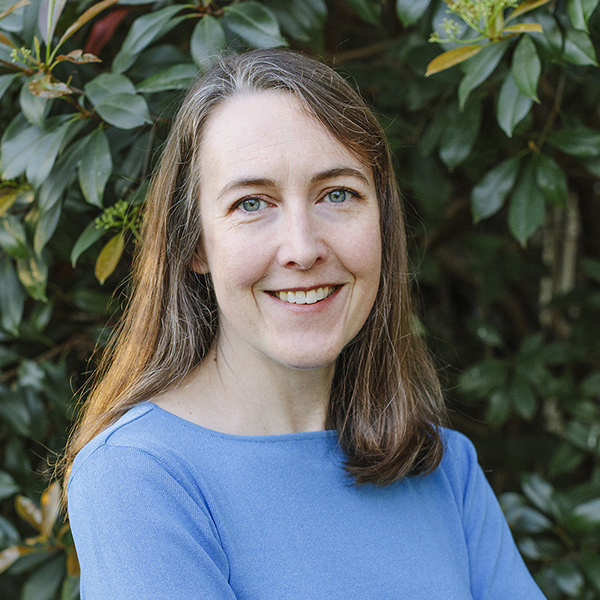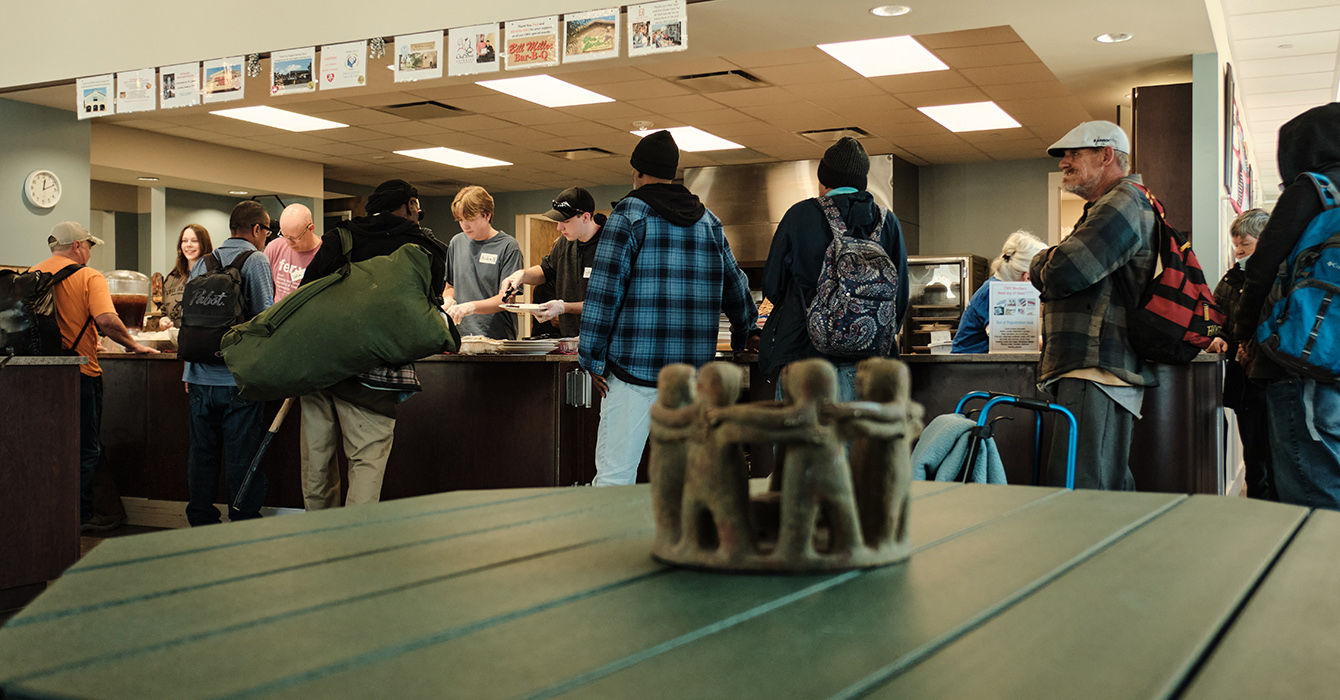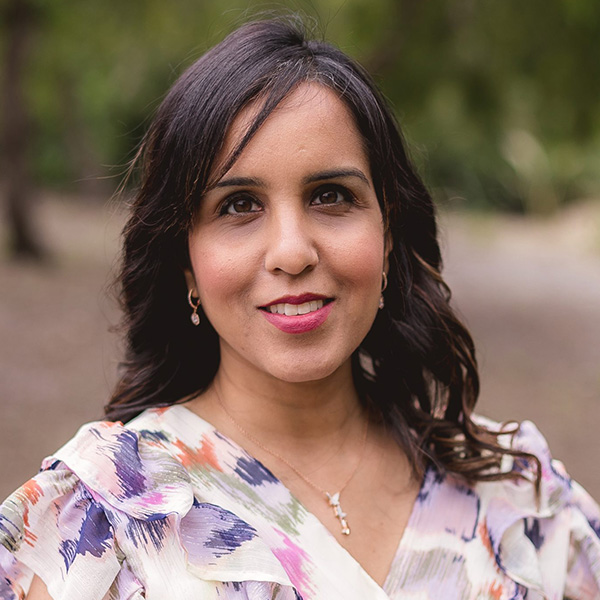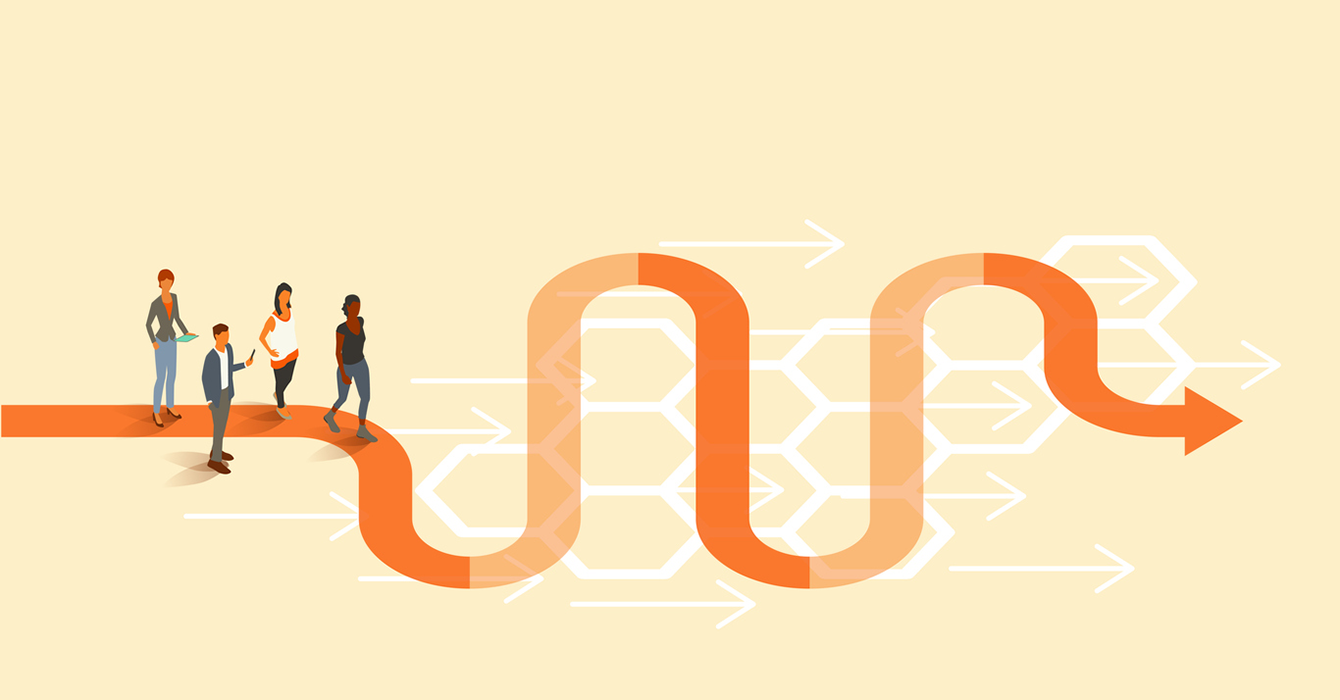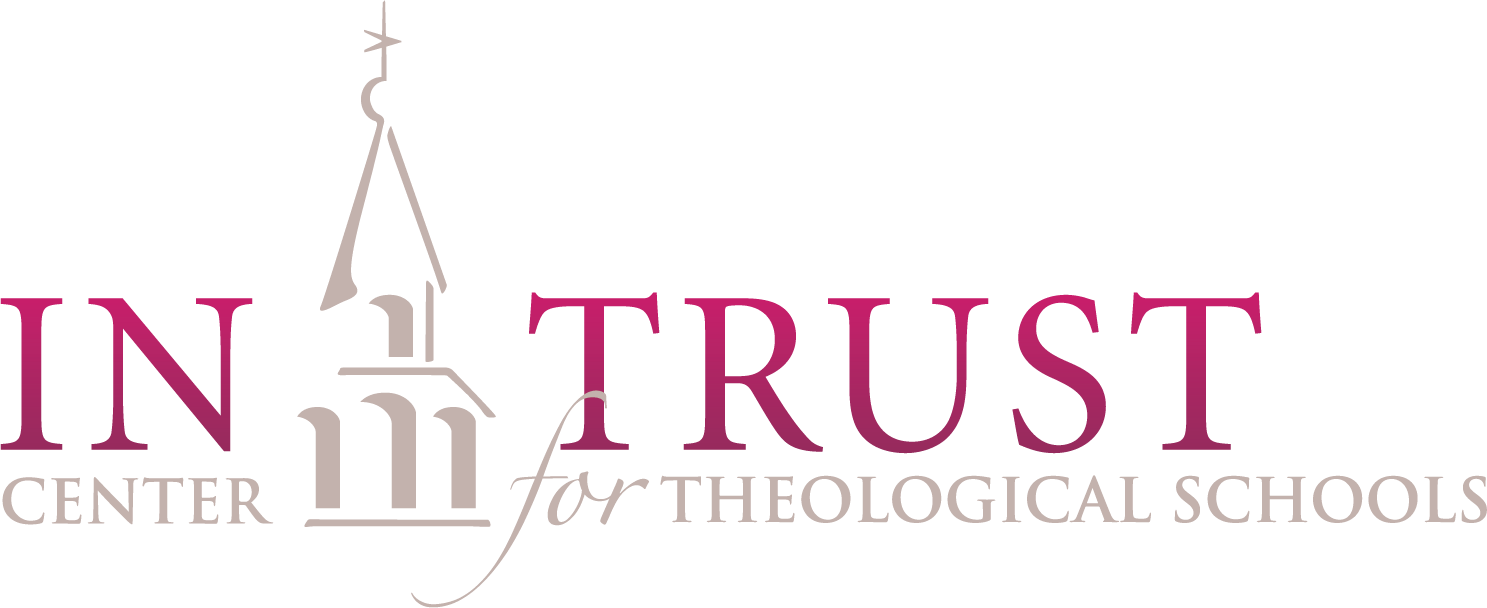A few years ago an attorney and friend invited me to speak in a seminar in the International Business Fellows Program at The University of Texas. The seminar brings together graduate students from the schools of law, business and government. My assignment was to respond to three distinguished economists. I was introduced as a professor of applied ethics. I’m a practical theologian. Close enough for government work.
I felt grossly out of my depth and intimidated. Economists, after all, deal in hard facts, in numbers, figures, complex mathematical models to predict production and consumption. Theologians construct more or less rational belief systems based on faith assumptions. However, after hearing their presentations I told them economists and theologians have a lot more in common than I had originally thought. We’re both in the business of constructing belief systems based on faith assumptions, and both of us are subject to irrational forces.
One of the three economists laughed. The other two didn’t.
My hunch about economists has deepened into a conviction lately, especially since the global economic meltdown that has seen markets and main streets shaken to their cores. Some economists are responding in ways that theologians would call theological – though they still don’t use the term.
National Public Radio, for example, broadcasted a fascinating story about the emerging field of Behavioral Economics. According to Richard Thaler, economics throughout most of the twentieth century assumed that human beings act rationally, placing “at the center of their economic models” perfectly rational “Spock-like” moral agents. They did this because, frankly, it made the mathematical models work, though the economists knew that the idealized human on which they based their models did not exist.
“Behavioral economics,” explains Thaler, “has identified a dizzying array of human foibles,” and the inclusion of even some of these foibles throws economic models into disarray. The whole endeavor of Behavioral Economics, in fact, threatens a preciously held tenet of many contemporary economists: “the notion that markets work well because individuals can be counted on to make the best choice for themselves.”
Another source makes the case even more explicitly. The economic models that, in large measure, led to the recent unpleasantness had all the features of religious faith: prophets (like Milton Friedman and Merton Miller) and unquestionable religious beliefs codified into the economic equivalent of creedal statements. These include the “efficient market hypothesis,” which the reviewer refers to as “the Nicene Creed of market rationalists” which “inspired a wave of innovative financial products, such as derivatives and securitized subprime mortgages, that believers claimed would allow users to exploit the wonders of the market.” (The Economist, “Slaves to some defunct economist,” June 13, 2009, p. 87).
That human beings cannot be assumed to act in their best interest, that our behavior is rife with “foibles,” that we act irrationally, and can be lazy, lustful, violent and prideful, is not the discovery of psychology. We fail to factor-in our failings when predicting human systems, and so court disaster. This is not a new story.
From the opening pages of Genesis to the Gifford Lectures of Reinhold Niebuhr, from the theologies of St. Augustine and Jonathan Edwards to the ethics of Dietrich Bonhoeffer and Stanley Hauerwas, we find the problem and mystery of pervasive, systemic irrationality and self-defeating independence called original sin. Yet we must not only distrust ourselves, but rather trust that God’s grace triumphs even over most phenomenal lapses.
Karl Barth famously said we ought to do theology with the Bible in one hand and the newspaper in the other. Maybe today we should amend that to say we should read The Wall Street Journal through the eyes of the Bible.
Michael Jinkins is academic dean and professor of pastoral theology at Austin Presbyterian Theological Seminary.




